In today’s fast-paced digital world, running a successful online business requires more than just a great product or service like best marketing tools. You need to attract the right audience, engage them effectively, and convert them into loyal customers — and to do this efficiently, you need the right best marketing tools.
Best Marketing Tools
Whether you’re a solopreneur, a small business owner, or managing a growing eCommerce store, leveraging the right marketing software can make all the difference. Below is a carefully curated list of the top 10 marketing tools that can help drive growth, improve visibility, and maximize ROI for your online business in 2025.
1. HubSpot – All-in-One Inbound Marketing Platform
Best for: CRM, Email Marketing, Lead Generation, Automation
HubSpot continues to dominate the marketing software space with its powerful, all-in-one solution. From email campaigns to social media scheduling and CRM integrations, it covers everything you need to attract, convert, and delight your customers.

Key Features:
- Drag-and-drop email builder
- Sales and CRM integration
- Landing page creation
- Marketing automation
- Robust analytics and reporting
Why use it? HubSpot helps online businesses streamline their entire marketing workflow in one dashboard.
Price: Free plan available; paid plans start from $50/month
2. SEMrush – SEO & Competitive Research Toolkit
Best for: SEO, Keyword Research, Site Audit, Competitor Analysis
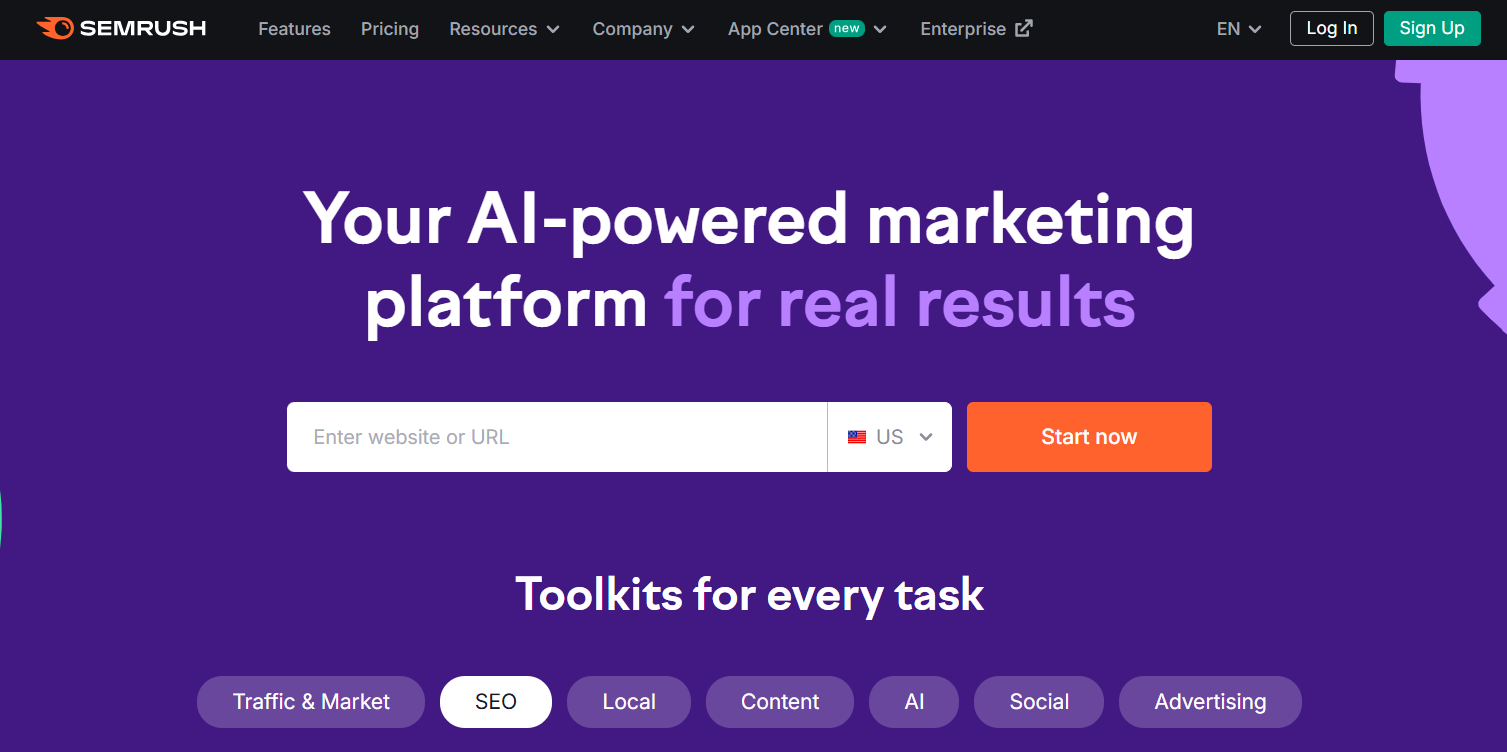
SEMrush is a powerful digital marketing tool used by marketers worldwide. If your goal is to rank higher on search engines, analyze competitors, and improve organic visibility, SEMrush should be in your toolkit.
Key Features:
- Keyword and domain research
- SEO audit tools
- Backlink analysis
- PPC and advertising research
- Social media and content tools
Why use it? It provides a comprehensive look into both your and your competitors’ digital presence, helping you make data-driven marketing decisions.
Price: Plans start from $129.95/month
3. Mailchimp – Email Marketing & Automation
Best for: Email Marketing, Customer Retention, Automation
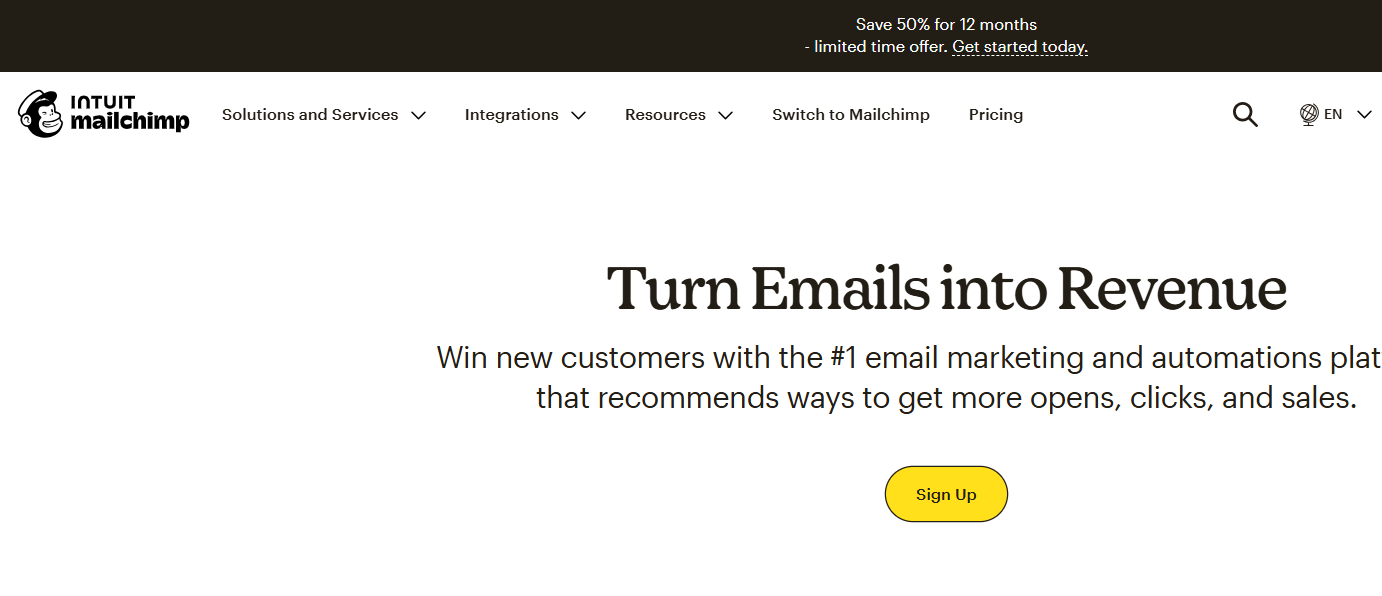
Mailchimp has evolved beyond just email marketing. It now includes marketing automation, landing pages, social media ads, and even basic CRM features. It’s perfect for startups and small businesses wanting to build and maintain a subscriber base.
Key Features:
- Drag-and-drop email editor
- Behavior-based automation
- Audience segmentation
- Reporting and analytics
- Integrations with eCommerce platforms
Why use it? Mailchimp helps build meaningful connections with customers through personalized, timely emails.
Price: Free plan available; paid plans start at $13/month
4. Canva – Visual Content Creation
Best for: Graphic Design, Branding, Content Marketing

Visual content plays a key role in marketing. Canva makes it easy to create stunning designs for social media, blog graphics, presentations, and more—even if you don’t have any design experience.
Key Features:
- Thousands of templates
- Drag-and-drop interface
- Team collaboration tools
- Brand kit (for Pro users)
- Stock photo and video library
Why use it? With Canva, anyone can create professional-grade marketing visuals in minutes.
Price: Free version available; Pro version starts at $12.99/month
5. Buffer – Social Media Scheduling and Management
Best for: Social Media Marketing, Scheduling, Engagement
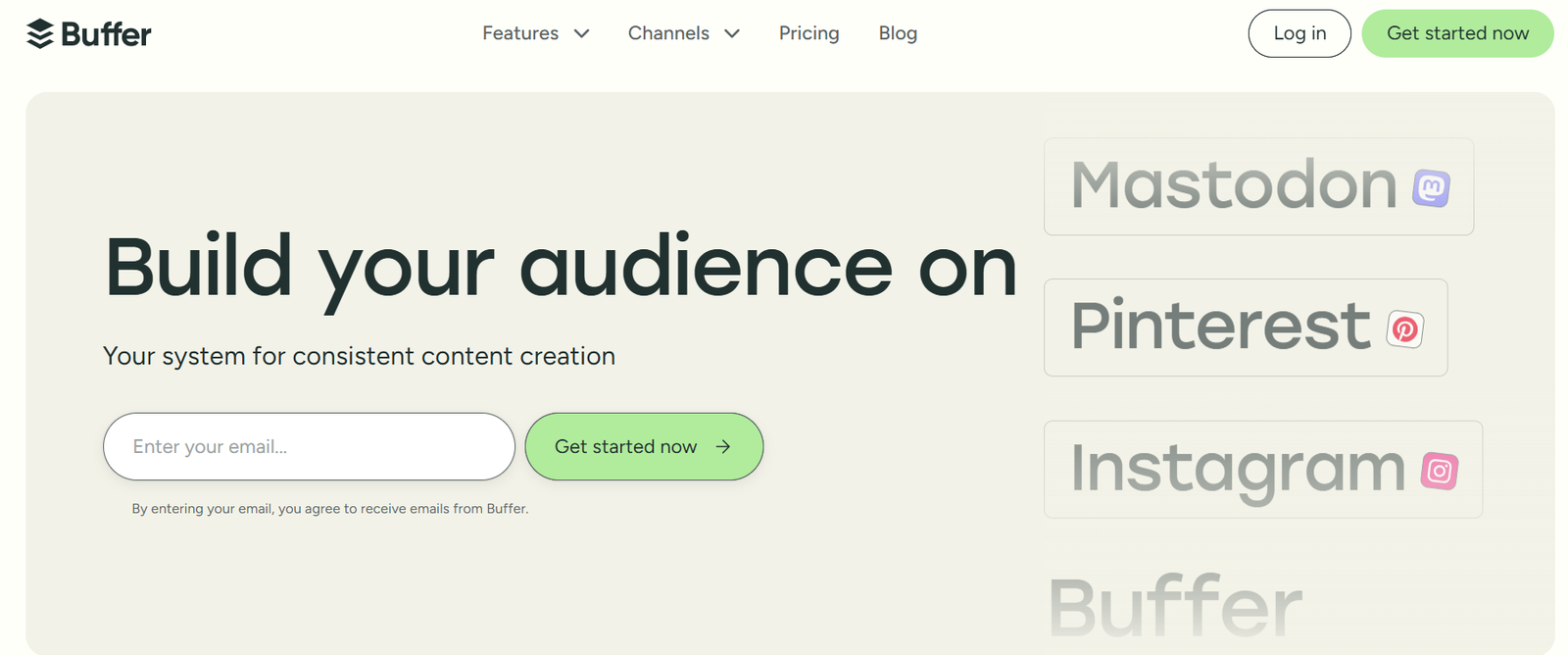
Buffer helps businesses plan, schedule, and analyze all their social media posts in one place. It supports platforms like Instagram, Facebook, LinkedIn, Twitter, and Pinterest.
Key Features:
- Schedule and auto-publish posts
- Calendar view for planning
- Engagement tracking
- Simple performance analytics
- Browser extension and mobile app
Why use it? Buffer saves time and ensures consistent posting across platforms, helping improve brand visibility.
Price: Free version available; paid plans start at $6/month per channel
6. Google Analytics – Website Performance & Audience Insights
Best for: Web Analytics, Audience Tracking, Conversion Optimization

Google Analytics remains an essential tool for understanding how users interact with your website. It gives you insight into where your traffic comes from, what users do on your site, and how well your pages convert.
Key Features:
- Real-time and historical data
- Traffic source breakdown
- Conversion and goal tracking
- Demographics and interests reports
- Custom dashboards and reports
Why use it? With data from Google Analytics, you can make informed decisions to improve your marketing campaigns and user experience.
Price: Free
7. Ahrefs – Advanced SEO and Backlink Research
Best for: Link Building, SEO Monitoring, Content Optimization

Ahrefs is a comprehensive SEO tool used by marketers to gain insight into their website’s link profile, keyword rankings, and content opportunities.
Key Features:
- Backlink analysis
- Keyword explorer
- Content explorer
- Site audit
- Rank tracking
Why use it? Ahrefs provides actionable SEO data and allows you to track what’s working (and what’s not) in your content strategy.
Price: Starts at $99/month
8. Zapier – Marketing Automation Across Platforms
Best for: Automating Workflows, Connecting Apps, Time Management
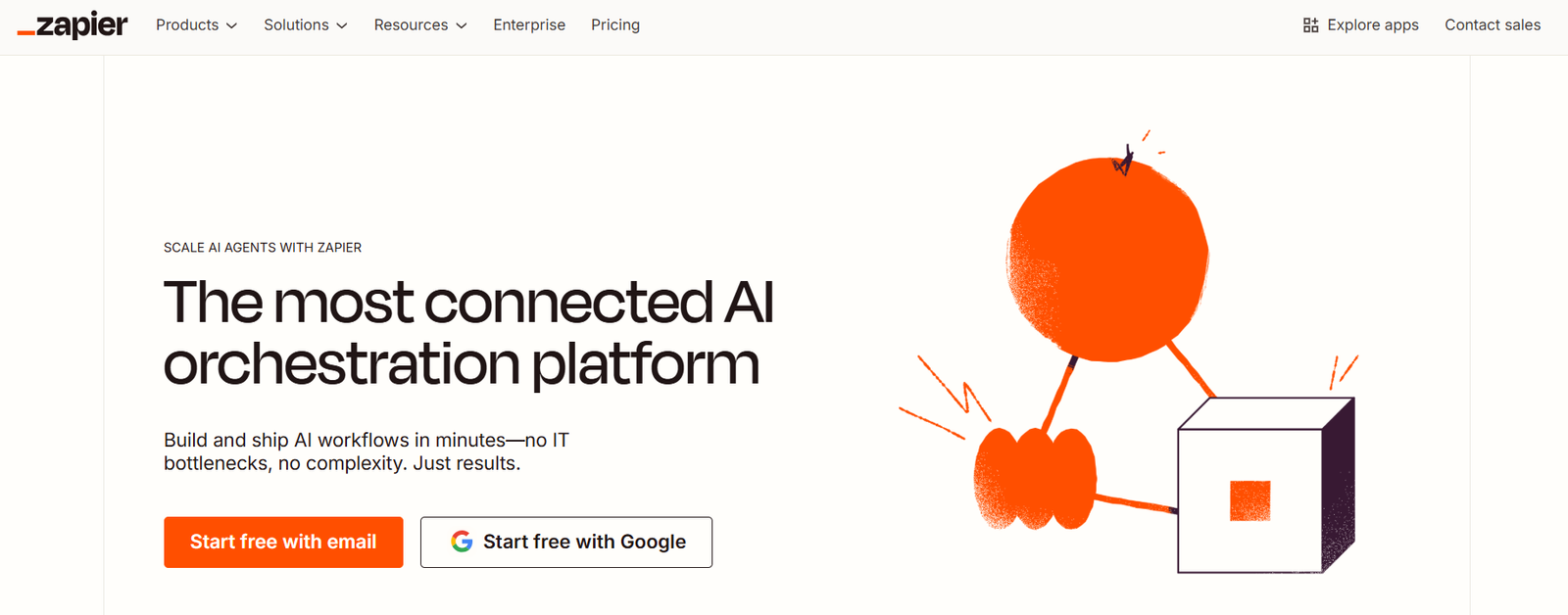
Zapier allows marketers to connect different apps and automate repetitive tasks. For example, you can automatically add email subscribers to Google Sheets or send Slack notifications when a form is filled.
Key Features:
- Supports over 6,000 apps
- Easy workflow setup (no coding)
- Multi-step workflows
- Conditional logic (with higher plans)
- Email parser and webhooks
Why use it? Automating tasks saves hours of manual work, improving efficiency and focus.
Price: Free plan available; paid plans start at $19.99/month
9. Hootsuite – Enterprise-Level Social Media Management
Best for: Social Media Analytics, Publishing, Team Collaboration

Hootsuite is a robust platform that allows large teams to manage social media campaigns at scale. You can monitor mentions, schedule content, and analyze performance across all major platforms.
Key Features:
- Social inbox for engagement
- Bulk scheduling
- Approval workflows for teams
- Content curation
- ROI analytics for social campaigns
Why use it? Hootsuite is perfect for growing businesses looking to scale up their social media marketing efforts.
Price: Free trial available; paid plans start at $99/month
10. Surfer – Content Optimization for SEO
Best for: Blog Content SEO, Content Strategy, On-Page Optimization
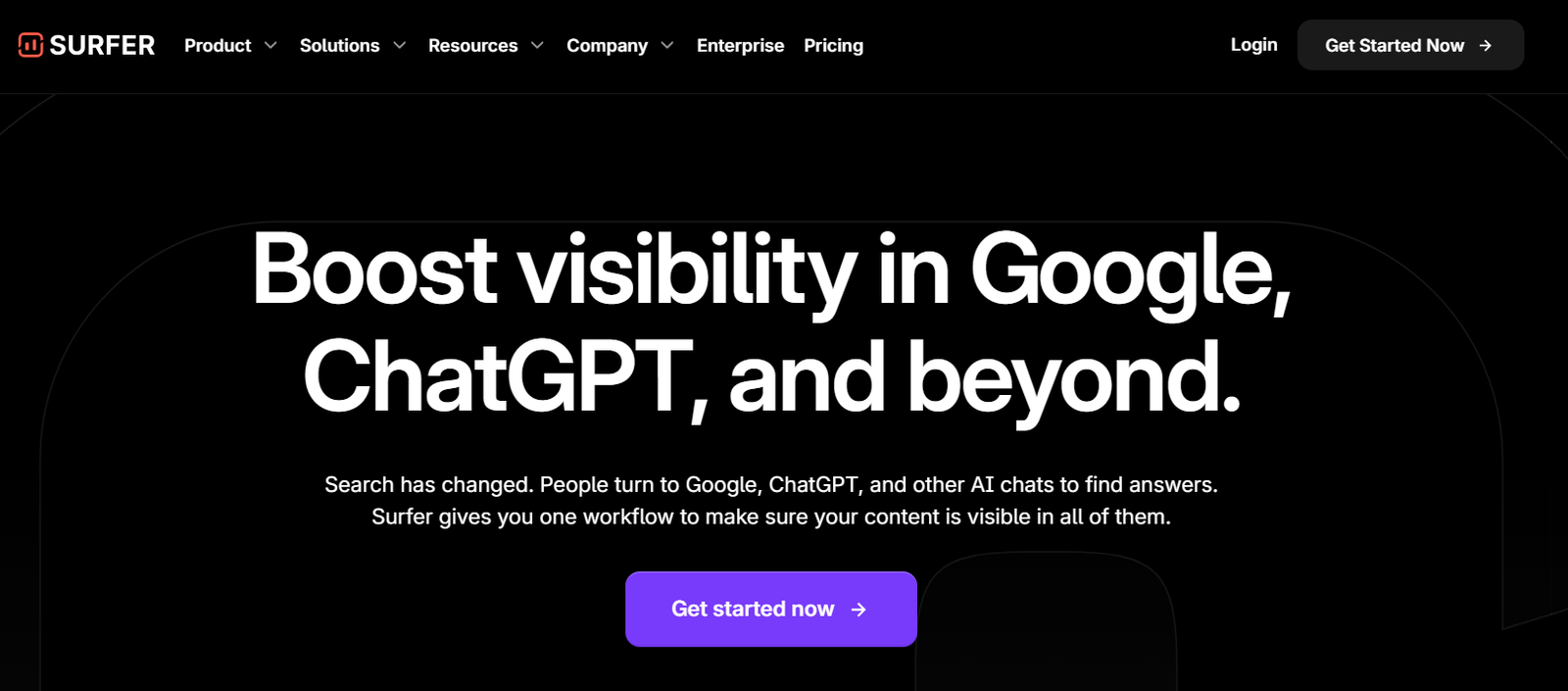
Surfer helps marketers write data-driven content that ranks on Google. It analyzes top-performing pages and gives you actionable suggestions to optimize your own content.
Key Features:
- Content editor with SEO suggestions
- SERP analyzer
- Keyword clustering
- AI content brief generation
- Audit tool for existing content
Why use it? Surfer blends SEO with content writing, ensuring your blog posts are not only high quality but also rank-ready.
Price: Starts at $59/month
Final Thoughts: Choosing the Right Tools for Your Business
Marketing in 2025 demands a well-rounded approach—content, social media, SEO, email marketing, and automation all play critical roles. The key is to select the right combination of tools that align with your business goals and resources.
Whether you’re starting fresh or scaling an existing online business, investing in these marketing tools can help you:
- Save time through automation
- Increase brand visibility
- Generate and nurture more leads
- Improve customer engagement
- Drive more sales and revenue
Start by identifying your most pressing marketing challenges, and choose tools that offer the best solutions. Many of these platforms offer free trials—so take advantage and test before committing.
